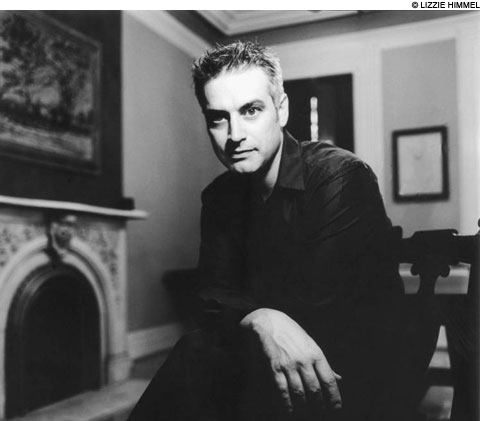
SKILLED ARTIFICER Stace is one of the few writers who can get away with telling the same story twice. |
Early morning, June 23, 1923, a gunshot wakes the neighbors. The resulting discovery -- two persons poisoned, one shot in an apparent murder suicide -- shakes not only quiet Kensington but also the musical world. The murderer appears to be Charles Jessold, a gifted English composer. And the scenario, involving his wife and the man who may have been her lover, echoes the plot of his first opera, which has just had its final dress rehearsal.
Such is the set-up of Charles Jessold, Considered As a Murderer, Wesley Stace's wonderful third novel. But as fans of his previous books may already suspect, little of this initial crime will prove to be what it seems. As Stace, in the voice of gentleman music critic Leslie Shepherd, tells and then retells the story, a tragedy of larger proportions unfolds, involving, along the way, the changing English society of the early 20th century and the development of contemporary classical music.
Stace is a master of the puzzle novel. Perhaps because of his own multiple personae (he performs witty pop as John Wesley Harding), he's made shifting identities his signature. In his debut, Misfortune, a foundling is raised as an heiress, despite doubts as to "her" gender. In By George, a young boy unravels the history of his namesake, a ventriloquist's dummy. In this new book, the truth of the composer's life is at the heart of the mystery.
Jessold first appears in 1910 as part of an actual movement that sought to mine folk tunes for an authentic English sound. He is then introduced to the music of real 16th-century composer/uxoricide Carlo Gesualdo. But these influences are relayed to us only through Shepherd. And Shepherd, we come to learn, is the real shapeshifter in the story. The ultimate unreliable narrator, he has long sought to mold an artist, or at least, his legacy. When he concludes his story for a second time, we are left wondering what is fact and what is a dying critic's last bid for immortality.
With a lesser writer, telling the same story twice could get tiresome. For Stace, it's a chance to play. His Shepherd is an old-fashioned fop, a precious and self-involved man who even embellishes his report to the police with vain asides: "I called casually to our host, the fifteenth Viscount Hatton, who met my eyes with a raised finger implying that I was far more interesting than whatever minor obstacles stood in his path." Or as he says later, "I have always been rather admired as a raconteur." Jessold, young and struggling, is just the disciple he seeks.
Or is he? Although we see the young composer only in Shepherd's presence, he manages to develop a life of his own. Dissatisfied with the "cowpat composers," he travels to Frankfurt to study and hears Schoenberg. Interned during the war, he returns changed — and involved in modernist movements that Shepherd can barely comprehend. Although Shepherd seems to win him back — Jessold's opera, Little Musgrave, is supposed to be a collaboration between the two — the composer is slipping away. And that, we discover, may be the true root of the tragedy.